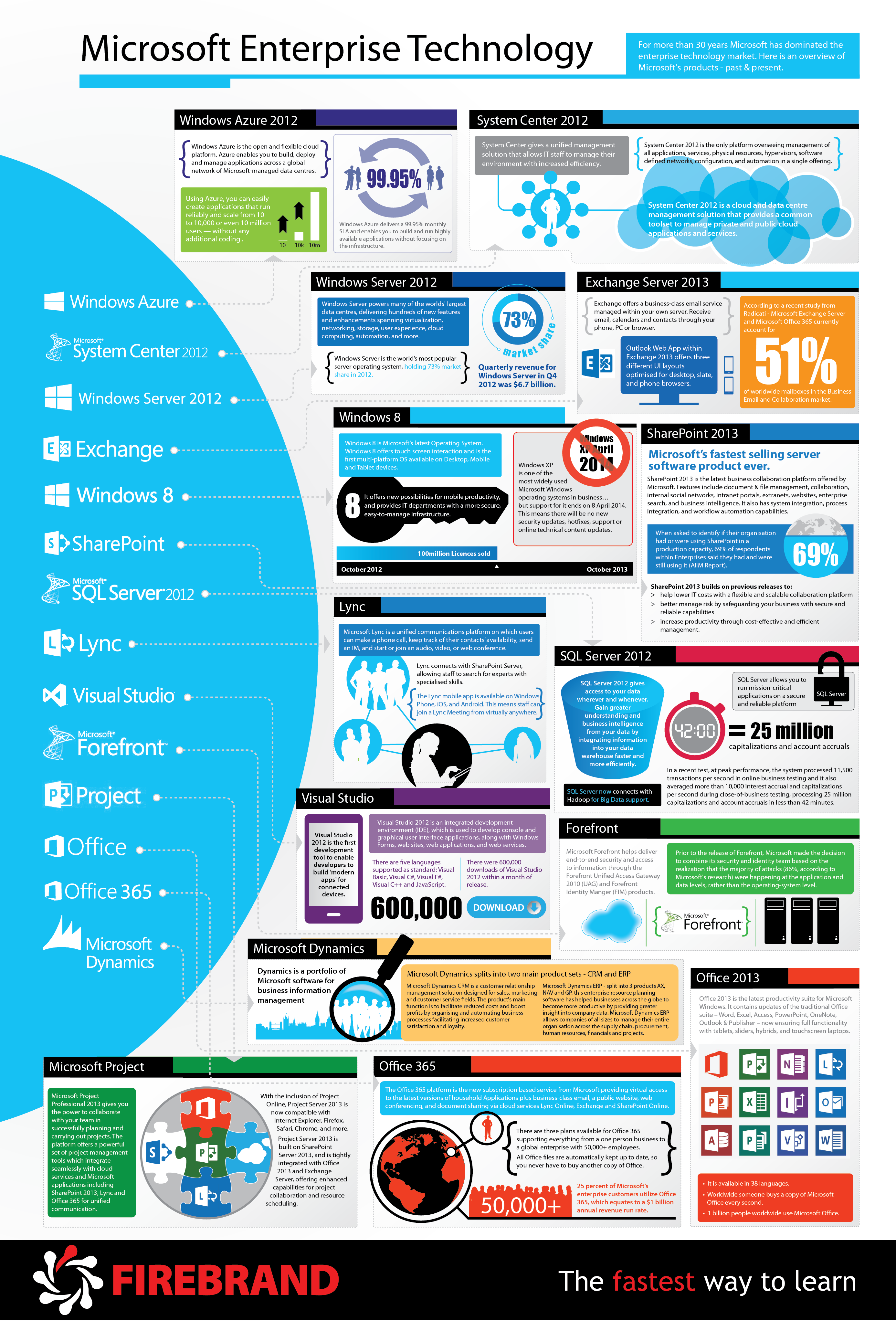
A Brief History of Microsoft Enterprise Technology
July 25, 2013
Where Does Your Data Really Go?
July 29, 2013Fed up with the targeted ads you see on your internet browser? Google makes profiles and sells your information to advertisers. But there’s an alternative. Read on my friend. Read on.
Spam; targeted ads based on recent search inquirers; pop-up banners; sound familiar?
I bet so. Considering all the hoopla around the NSA (national security agency) and our right to online privacy being infringed upon, it’s no wonder that customer satisfaction with Google is down.

It seems ironic to me, that even with someone like Matt Cutts – an anti-spam guy on your side, Google still moves to parlay our privacy.
Seems as though we are all caught in a bad romance. Truth is, nearly every popular search engine tracks our online behavior, creates a profile and sells it to advertisers.
The good news is, we’ve noticed, which is why traffic to sites like Facebook and Google is down – the lowest since 2007. That might be because sometimes the things we search for come back to haunt us. To give you an example, I recently searched for performance coil springs for my car (yes, i’m that guy), and now, wherever I seem to go, an ad for performance suspension shows up on the side of my screen.
Talk about creepy. Advertisers stalk me wherever I roam – and they try to sell me car parts, even when i’m at my computer diligently working. Yet I am reluctant, much as you are, to give up my beloved Google in favor of another search engine – one that doesn’t keep tabs on me. I can’t just stop Googling man! I’m hooked! There’s so much info about car parts on google it’s ridiculous. But love is a sacrifice and if I wish to stop advertisers from tempting me I may just have to stop googling!
Sick of being spammed? Stop using Google!
Consider this predicament – if only for a second: Your online experience could be improved -guilt free, so long as you choose to stop using the mighty google.

Perhaps, then again perhaps not. Google – or bing or yahoo for that matter, have long established themselves as the search engine of choice and old habits die hard. So who would you use as your go-to search engine?
DuckDuckGo
http://donttrack.us/ is a nice little wake-up call from a tech startup named https://duckduckgo.com/, who is here to tell us, we are indeed free to search and browse without any advertisers collecting data on us. If you value your online privacy, or are just plain old paranoid (like me), then you might want to take a look at what duckduckgo (or an equivalent site) has to offer.
Privacy by design
It’s not secret that search engines like Google make their money off advertising. The more data they can collect the more they have to sell – or worse, the more data the NSA has access to shall they come knocking (oh and they do).
Yet the notion that a tech-startup like duckduckgo can make money off not selling our data to advertisers is a little absurd right? After-all, there’s no such thing as a free ride. Wait! Maybe you can make money off not selling people’s data to marketers. Duckduckgo’s co-founder Gabe Weinberg refers to this asset as “privacy by design”, which will be the money-making catalyst for any app company looking to give something back to the online community; our privacy.
Even though venture capitalists may scoff at the idea, privacy is indeed an asset – if not a right. Unfortunately, online privacy legislation has been met with opposition – if not disdain from political sandbaggers. So perhaps Weinberg and his constituents are on to something, they just need to develop the business model further. To practice what I preach I have installed duckduckgo’s toolbar into my web-browser. I’ll make a conscious effort to use it as much as possible in the coming weeks. I’ll let you know how it goes. Who knows, you may get inspired after reading this and install duckduckgo’s tool bar into your browser as well. Don’t get me wrong, it’s unlikely that duckduckgo will ever be in the same league as Google because, like any bad romance, breaking up is hard to do.
About the author: This post was written by James Mulvey, a regular contributor to our blog. Follow him on Google + to learn more about the latest happenings within the tech industry.
